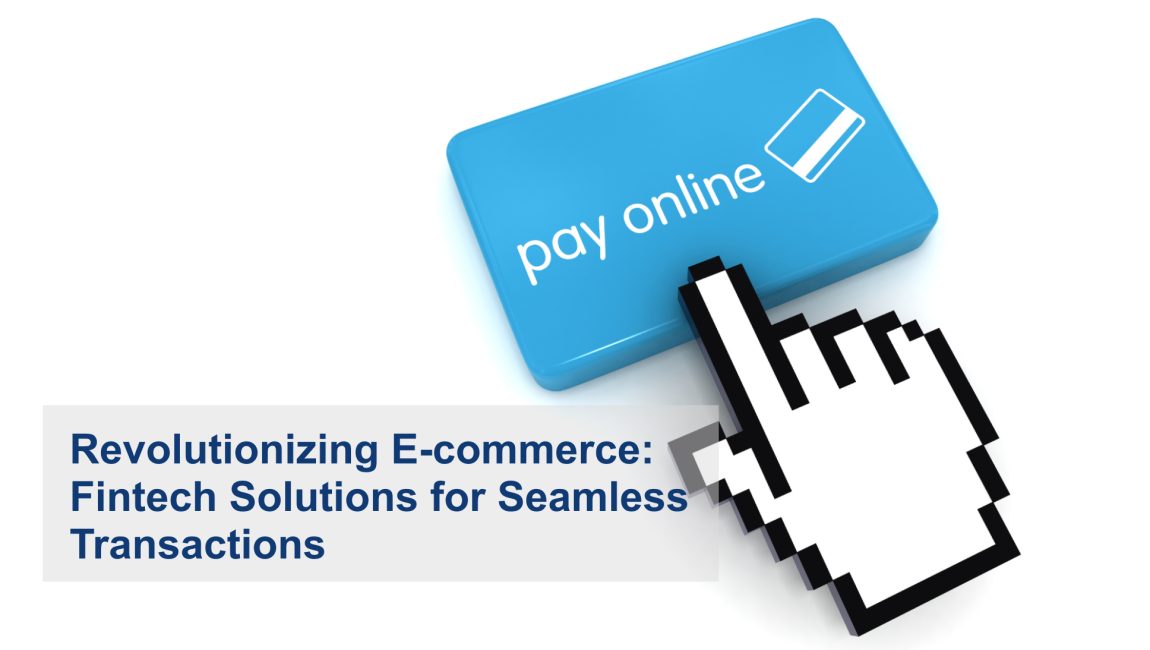In recent years, the world of e-commerce has gone through a remarkable evolution. This evolution has been driven by the incorporation of fintech solutions, completely revolutionizing the e-commerce experience. Fintech has played a crucial role in elevating many key areas, including payment options, protecting against fraudulent transactions, and creating effortless synergy between financial tools and e-commerce platforms.
Payment gateways are what make online shopping possible.
Acting as the backbone, it safeguards and streamlines monetary exchanges between buyers and sellers. These gateways act as the bridge between both parties, providing a guarantee of secure, fast, and seamless transfers. With the rapid growth of e-commerce, there is now a plethora of payment gateways available, designed to cater to the unique needs of different companies.
Businesses can choose from a wide range of gateways, from industry leaders like PayPal, Stripe, and Square to other gateways that are only available in certain areas. These platforms accommodate a variety of payment methods, including credit and debit cards, digital wallets, and even cryptocurrency, keeping up with the ever-changing preferences of customers.
Integrating financial tools: Making business operations run more smoothly.
The fusion of financial tools and e-commerce platforms has proven to be a revolutionary tool for businesses, optimizing operations and providing an array of valuable services. These tools play a critical role in accounting, inventory management, and financial reporting. By effortlessly merging financial tools, e-commerce firms can automate tedious tasks, minimize mistakes, and access instant financial insights.
This comprehensive strategy elevates decision-making, maximizes resource allocation, and boosts overall productivity. Additionally, fintech solutions simplify cross-border transactions, currency conversions, and taxation procedures, simplifying the complexities of managing international e-commerce ventures.
Steps to take to stop transaction frauds.
As our world becomes increasingly reliant on digital transactions, it is imperative that we address the growing threat of frauds. Online businesses are facing a surge in cases of identity theft, chargebacks and unauthorized purchases, posing significant risks. Fortunately, the fintech industry has risen to the challenge by implementing robust fraud protection measures to safeguard both businesses and consumers.
Leveraging cutting-edge technologies like artificial intelligence and machine learning, fintech solutions monitor transaction trends and quickly flag potential fraud indicators. Real-time monitoring, two-factor authentication, and location verification further fortify e-commerce transactions, instilling confidence and trust in consumers.
By consistently thwarting financial losses for companies, these measures also promote a safer and more secure online marketplace for all parties involved.
Problems and trends for the Future.
In the ever-evolving world of e-commerce, financial solutions have undoubtedly made great strides. However, challenges still persist.
From the ever-looming threats of cyberattacks to the ever-changing expectations of customers, businesses must navigate these hurdles while also keeping up with ever-changing regulations.
Despite these challenges, there is much to look forward to in the world of e-commerce fintech solutions. The rising popularity of blockchain technology provides hope for more secure and transparent transactions.
Furthermore, the growing trend of decentralized finance (DeFi) has the potential to revolutionize how financial transactions are conducted in the e-commerce space. As if that is not enough, the fusion of augmented reality (AR) and virtual reality (VR) technology has the power to completely transform the online shopping experience, requiring even more adaptable solutions in the realm of fintech.
In conclusion.
Ultimately in today’s digital era, businesses that want to do well in the digital age, need e-commerce fintech options more than ever. Fintech is changing the way e-commerce works by adding safe payment methods, strong fraud protection, and easy integration of financial tools. As technology keeps getting better, businesses need to be flexible in the creative use of the newest financial innovations to stay competitive and give customers a safe and easy online shopping experience.

